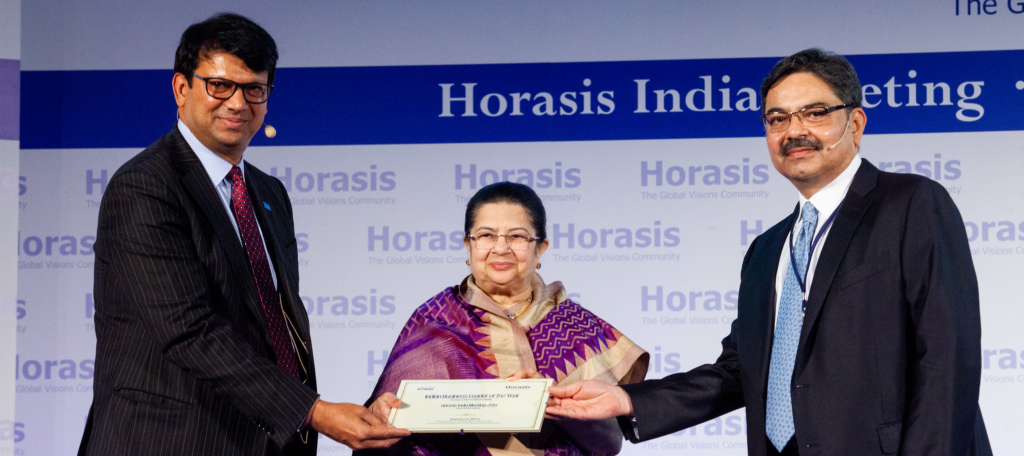Operative Experience Inc., a company that makes the world’s only hands-in-the-body medical simulators for obstetrics, trauma and surgical training, today announces the launch of RealMom 2.0, the latest, second-generation version of its hyper-realistic childbirth delivery simulator. RealMom 2.0 offers an enhanced “life-identical” birthing experience and the latest advancements in labor and delivery training, providing practitioners and learners with a safe and true-to-life training solution that’s as close to caring for a real patient as it gets.
RealMom’s unprecedented lifelike soft tissues, accurate internal anatomy, and a natural active birth canal make it the world’s most realistic and lifelike vaginal birth simulator. The simulator features dynamic, instructor-controlled cervical dilation and station of the baby, and can simulate normal vaginal deliveries as well as a full range of delivery complications—providing learners and practitioners the opportunity to train for every eventuality in the labor and delivery room.
New features of RealMom 2.0 include improved silicone-based soft tissue and skin; an advanced internal skeletal structure for increased movement and flexibility of the body and limbs; and a replaceable birth canal that allows for limitless deliveries. The simulator offers an expanded range of delivery scenarios that includes breech, shoulder dystocia, cord prolapse, vacuum assist and forceps assist, and is the only delivery simulator that can perform deliveries in upright, side-lying and other alternative birthing positions.
RealMom 2.0 is controlled by an easy-to-use tablet app that allows instructors to regulate vital signs, dilation, contractions, fetal station and bleeding for hemorrhage control in real-time during a training scenario. More skin tones, including African-American, Asian and Caucasian are also now available.
Despite improvements in U.S. healthcare over the last decade, childbirth remains a complicated and unpredictable procedure. In fact, the maternal death rate in the U.S. has actually increased since 1990. Maternal mortality is even more of an issue in developing countries, with the lifetime risk at 1 in 41 in low-income countries, compared to 1 in 3,300 in high-income.
“Maternal deaths can be significantly reduced if medical staff have more extensive training before they enter the labor and delivery room,” said Mick Navin, CEO at Operative Experience. “With RealMom 2.0, obstetrical residents and nurses can experience numerous birthing scenarios on a simulator that’s as true to life as it gets, and they can practice on complications some of which might not otherwise be encountered during their training programs.”










